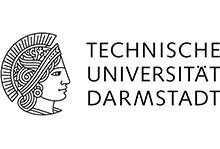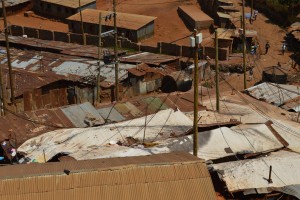The research project focuses on the translation of the circulating ideal of a modern networked city in the African cities of Dar es Salaam (Tanzania) and Nairobi (Kenya) and the way it shapes both, urban development and the development of water, sanitation, energy and public transportation infrastructures. This ideal refers to a centralised topology of technical networks ordering and homogenising urban space, the provision of universal and standardised infrastructure services through public utilities, passive users and the close regulation by the state. While formal institutions and planning concepts in Nairobi and Dar es Salaam reflect the ideal of a networked city, these cities display distinct urban morphologies and socio-technical arrangements differing significantly from this hegemonic ideal of urban modernity. Starting out from this apparent contradiction, the research addresses the following hypotheses: 1) the actual urban topologies of infrastructure provision display diverse sociotechnical arrangements emerging at the margins of, in the interstices of, or simply in place of existing (or absent) networked service provision; 2) each of the four sectors under scrutiny in the two cities displays specific dynamics in translating the ideals and planning models of the networked city, ranging from the adaptation to this ideal, its creative appropriation or hybridisation with existing arrangements to its refusal; 3) these translation dynamics significantly shape the fragmentation or cohesion of the resulting topologies of urban service provision; 4) extreme efforts of translation are necessary to suit the particular topologies of African cities, that require more attention by planning theory and practice. By testing these hypotheses through case studies on Dar es Salaam and Nairobi, the project will broaden our understanding of infrastructure regimes in African cities, and thereby contribute to both planning theory and urban and social studies of infrastructure. Through the lens of urban infrastructure the project will advance the understanding of adaptation and creativity in (re-)producing African cities.
The project is funded by the German Research Foundation within the Priority Program „Adpatation and Creativity in Africa“ (www.spp1448.de) from Augus 2015 to July 2017
Principal Investigators: Prof. Dr. Jochen Monstadt (together with Prof. Dr. Sabine Baumgart, TU Dortmund)Co-Investigators: Dr. Rémi de Bercegol (together with Dr. Wolfgang Scholz, Dr. Nadine Appelhans, TU Dortmund)

Countries:
Kenya, Tanzania
Web:


